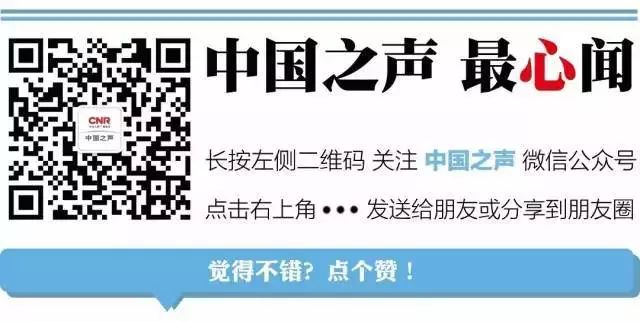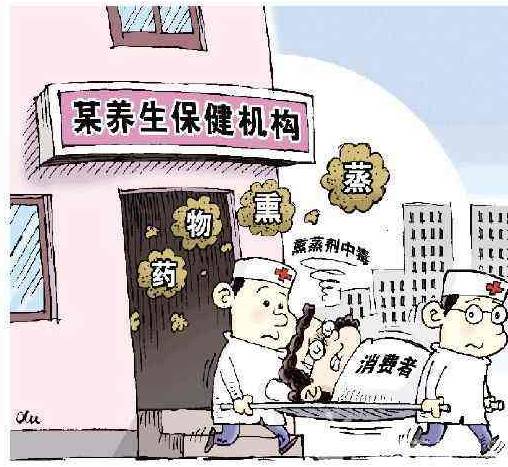
As the awareness of health preservation deepens, methods such as han zheng (sweat steaming), ba guan (cupping), yao xun (herbal steaming), and gua sha (scraping therapy) are increasingly popular among the public. However, recent media investigations have revealed that a significant number of health preservation institutions and their practitioners lack the qualifications to provide health services. Due to the absence of technical standards and regulations, incidents of health preservation leading to injuries or even fatalities have occurred. Therefore, how should we regulate these chaotic practices in TCM health preservation?

Click to listen to the news
1
Health Preservation Leading to Injuries
There have been numerous reported cases of injuries caused by health preservation practices. In March of this year, a woman in Beijing underwent yao xun (herbal steaming) for weight loss and subsequently developed symptoms of infection and poisoning, leading to her coma and eventual death. The hospital records indicated that the external causes of injury and poisoning were “unknown herbal steaming agent poisoning” and “unknown exposure to hot liquids and vaporized substances”. The court ruled that the involved steaming facility must compensate 732,500 yuan.
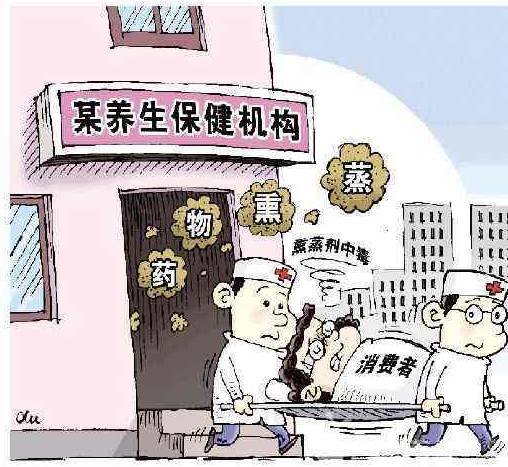
In April of this year, a woman named Shi in Jinan, Shandong, spent 8,800 yuan on a cupping detox therapy service at a health center. Starting from the fourth day, she developed a fever and a pus-filled abscess on her back due to cupping. On the ninth day, she was sent to the hospital in a coma and was diagnosed with a second-degree burn on her back.
When reporters called several health centers in Beijing for inquiries, the health practitioners suggested that cupping could be done whenever there was time, and they found it difficult to determine in advance whether a client’s constitution was suitable for the treatment, only assessing it during the process.
“
Practitioner 1: Any constitution is fine; there is no danger. It’s TCM, and it does not harm the body; it helps with excess heat and dampness.
”“
Practitioner 2: If not done properly, it can lead to burns, but that’s only one percent of cases.
”
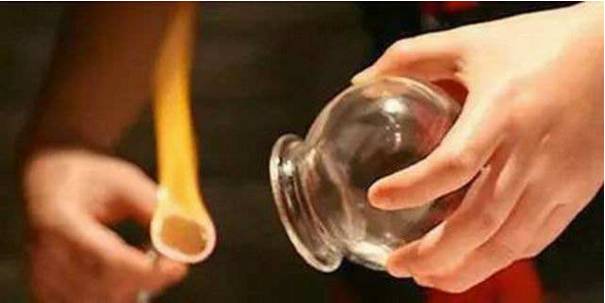
According to Deng Yong, a teacher at the Law Department of Beijing University of Chinese Medicine, there are many cases where methods such as tui na (Chinese therapeutic massage), zheng gu (bone setting), zhen jiu (acupuncture), ba guan (cupping), and yao zhen (herbal injections) have caused harm to consumers due to improper use.
“
Deng Yong: If tui na (Chinese therapeutic massage) is not performed correctly or with insufficient force, it can damage the patient’s joints or bones.
”
These beauty and health institutions often charge high fees. Typical TCM health stores offer services such as ba guan (cupping), ai jiu (moxibustion), gua sha (scraping therapy), and re guo (hot compress therapy) combined with essential oil massages, with single sessions costing hundreds of yuan and packages often exceeding thousands, even approaching ten thousand yuan.

Statistics show that in 2016, consumer associations across the country received 2,725 complaints related to health services, compared to 516 in 2015, many of which were about health preservation.
2
“Cross-Industry Operations” and Unlicensed Practitioners: Many Issues in the TCM Health Industry
The TCM health industry not only has many complaints but is also highly unregulated, with numerous health stores operating without qualifications. Various establishments claiming to offer “TCM health preservation” are proliferating. Many stores have business licenses only for beauty and hairdressing or fitness and bathing services, yet engage in “cross-industry” operations: foot massage shops performing tui na (Chinese therapeutic massage) and gua sha (scraping therapy); beauty shops offering ai jiu (moxibustion), ba guan (cupping), and TCM therapies.
Some stores are located in office buildings or residential areas, while others are “three no’s” shops (no medical qualifications, no medical institution practice license, and no basic health guarantees). A health store in a community outside Beijing’s Fifth Ring Road is currently hiring health practitioners, requiring no qualifications, as training is sufficient for employment.

Massage shop

Ms. Yao, you just need to know how to do foot massage.
Is any certification required? For example, a senior massage therapist?


Reporter

Massage shop

No, no
According to the relevant regulations of the National Administration of Traditional Chinese Medicine, services related to TCM health status identification and assessment should be conducted by licensed (assistant) TCM practitioners. Personnel providing TCM health preservation services must obtain qualifications issued by relevant authorities, and the services provided must align with their qualifications, while also holding health certificates.
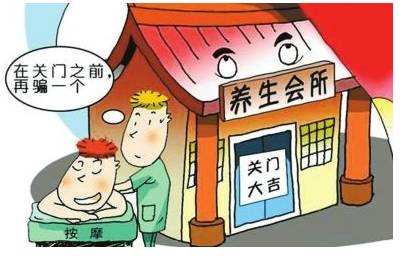
Deng Yong, a teacher at the Law Department of Beijing University of Chinese Medicine, believes:
“
There should be a basic requirement for entry, such as obtaining qualifications for health massage therapists, nutritionists, or conditioning therapists. It cannot be the case that anyone can enter the industry after a simple training of a month or two; certification is necessary.
”
3
Practitioners in the TCM Health Industry Must Hold a
“Health Conditioning Therapist” Qualification Certificate
Yang Jinsheng, director of the TCM Exchange and Cooperation Center for Hong Kong, Macao, and Taiwan, stated in an interview with Xinhua News Agency that in 2015, the National Occupational Classification Dictionary added the role of health conditioning therapist. In December 2016, the Ministry of Human Resources and Social Security published the national occupational qualification directory, confirming that the “health conditioning therapist” is the only health-related profession. Health conditioning therapists include but are not limited to: health gua sha therapists, health moxibustion therapists, health cupping therapists, and health stone therapy practitioners. A training institution in Beijing mentioned that the certification for TCM health preservation is currently chaotic, and in the future, the “health conditioning therapist” certificate will definitely be the most legitimate.
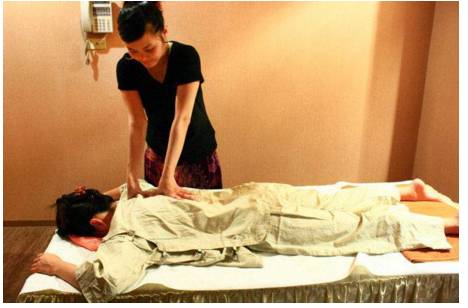
“
Training institution: This certificate is newly included in the National Occupational Dictionary and is a legitimate profession. Other certificates are not to say they are useless, but they are gradually being standardized and will be phased out. Many non-relevant departments are also issuing certificates.
”
It is understood that about 1.5 million people have obtained this certificate, while unofficial statistics indicate that there are over ten million practitioners nationwide.A survey conducted in Beijing showed that very few practitioners have received formal training and obtained professional qualifications, with 56.25% of practitioners having only undergone internal training before starting work.
For the TCM health industry, the vast majority of health institutions are in a regulatory blind spot. The health and family planning commission, industry and commerce, and food and drug administration “seem to be able to manage, but in reality, no one can truly regulate.”
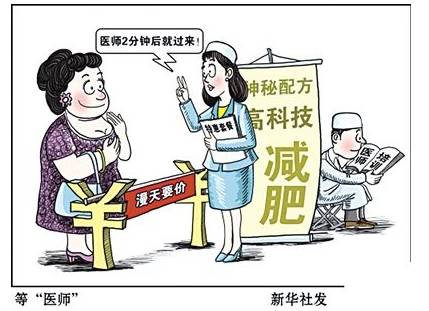
“
There is a lack of a directly relevant management agency, making regulation quite weak or creating a certain vacuum. This results in health preservation institutions and personnel operating between medical and health services, often skirting regulations.
”
Regulatory Challenges
It is understood that the health and family planning commission mainly oversees hospitals and units with medical institution practice licenses, lacking enforcement and punitive authority over non-medical health centers. The industry and commerce department primarily handles business qualification reviews, operational behavior norms, and consumer dispute resolutions, making it difficult to effectively regulate the professionalism of their services. The health products and medicines within the centers fall under the jurisdiction of the food and drug administration, but not all health centers sell medicines. Many county-level health and family planning commissions have TCM departments, but these departments lack supervisory and enforcement authority.
“
From the perspective of the responsibilities of national management agencies, there are no clear enforcement powers in this area. The management system for traditional Chinese medicine has certain limitations; the TCM management bureau only involves city-level management, and many areas below the city or provincial level lack such departments.
”
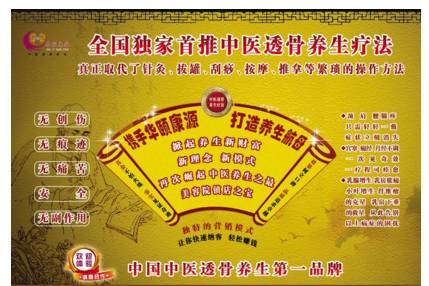
There are countless TCM health advertisements online
Deng Yong believes that the health preservation industry lacks national standards and corresponding management systems. Only by clarifying regulatory entities and establishing a series of normative standards can the health preservation industry develop healthily and in a regulated manner.
It is understood that the National Administration of Traditional Chinese Medicine has recently organized experts to discuss the formulation of standards for TCM health preservation institutions, service personnel, service norms, and technical specifications, aiming to improve the relevant supporting regulations as soon as possible after the TCM law officially takes effect on July 1.
Reporter: Wu Zhehua
WeChat Editor: Liu Xiwen
Source: China Voice “News Overview”
